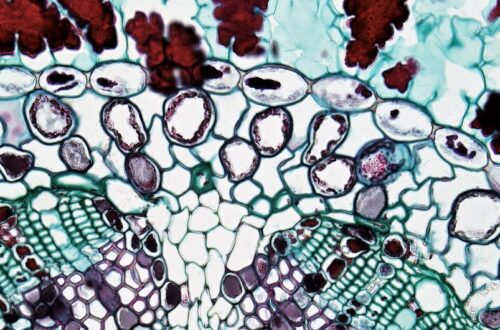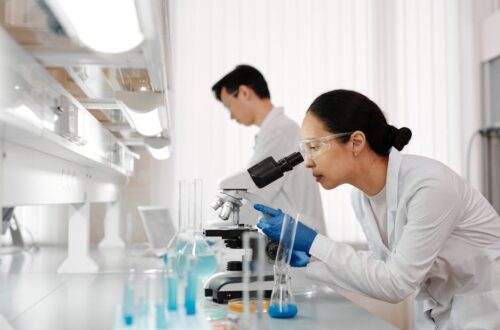Table of Contents
- The Biological Foundations of Nutrition Science
- Chemistry in the Kitchen: Understanding Food Composition
- Technology’s Role in Advancing Nutrition Science
- Mathematics and Data Analysis in Nutrition Research
- Personalized Nutrition Through STEM Integration
- Nutrition Education: Applying STEM Principles for Public Health
- Future Directions: Emerging Trends in Nutrition Science
- Practical Applications: Translating Nutrition Science into Healthy Habits
The science of nutrition represents one of the most practical applications of STEM education in our daily lives. Understanding the complex relationship between food, nutrients, and our bodies requires knowledge spanning multiple scientific disciplines. As STEM education continues to evolve in 2025, its impact on our comprehension of nutrition science has never been more significant. The science of nutrition bridges biology, chemistry, technology, and data analysis to help us make informed decisions about what we eat and how it affects our health.
Modern nutrition science has moved far beyond simple calorie counting, now incorporating advanced concepts from molecular biology, biochemistry, and even artificial intelligence to personalize dietary recommendations. This integration of STEM principles into nutrition education empowers individuals to make evidence-based decisions about their diet rather than following trendy but potentially ineffective approaches.
The Biological Foundations of Nutrition Science

Photo by MART PRODUCTION on Pexels
At its core, nutrition science is deeply rooted in biology. Our understanding of how the human body processes different nutrients has evolved dramatically thanks to advances in cellular and molecular biology. The digestive system represents an intricate network of organs and processes that break down food into usable components that fuel our bodies and maintain our health.
Macronutrients—proteins, carbohydrates, and fats—form the foundation of our diet and serve distinct biological functions. Proteins, composed of amino acids, are essential for tissue repair, enzyme production, and immune function. Carbohydrates provide our primary energy source, while fats support cell membrane integrity, hormone production, and nutrient absorption.
Micronutrients, including vitamins and minerals, play equally crucial roles despite being required in smaller amounts. For example, vitamin D regulates calcium absorption for bone health, while iron facilitates oxygen transport throughout the body. Understanding these biological mechanisms helps explain why balanced nutrition is essential for optimal health and why deficiencies can lead to specific health conditions.
The emerging field of nutrigenomics examines how our genetic makeup influences our response to different nutrients. This personalized approach to nutrition recognizes that genetic variations can affect how individuals metabolize certain foods, explaining why some dietary approaches work better for some people than others. STEM education provides the foundation for understanding these complex biological interactions and applying them to practical dietary choices.





